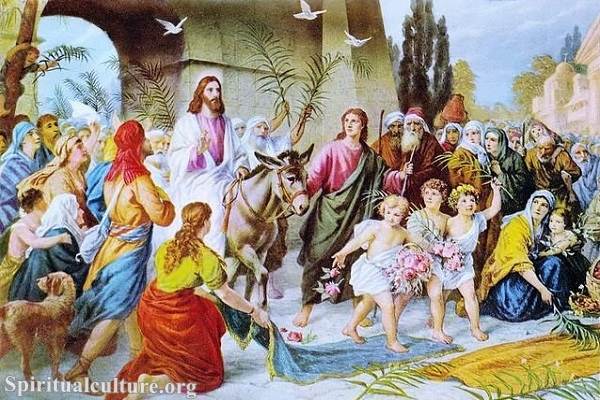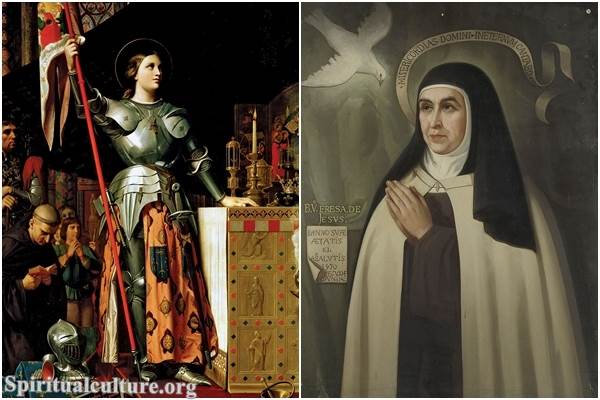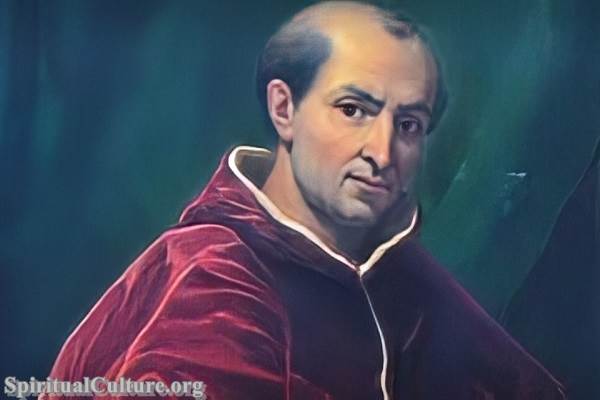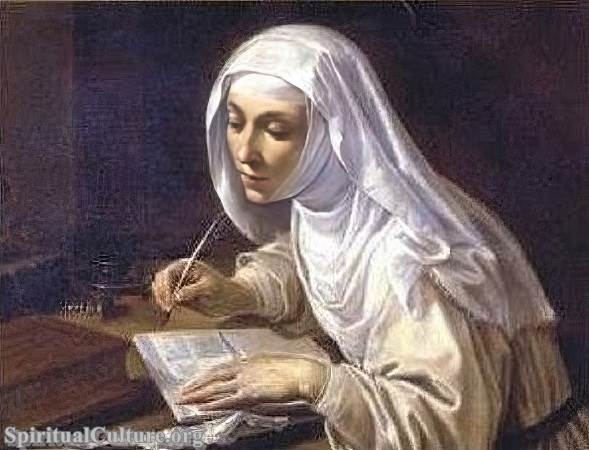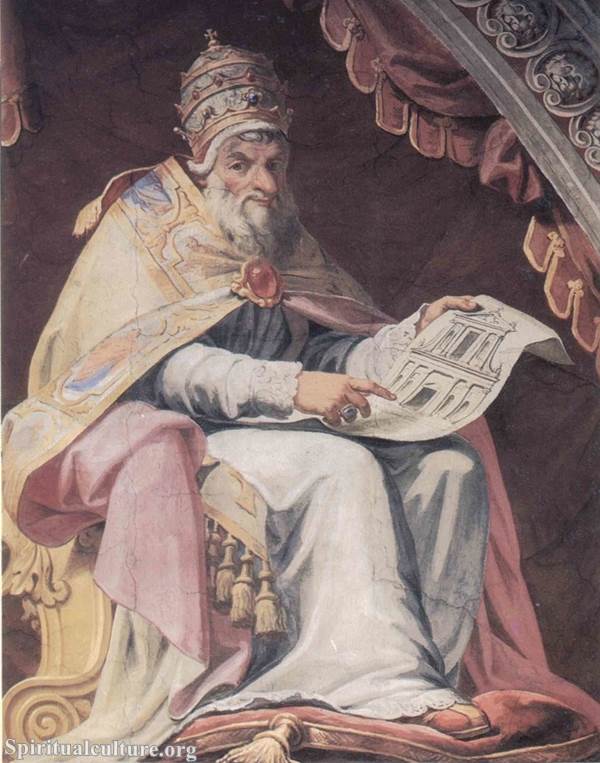Pope Urban VIII, born Maffeo Barberini, was influential in Catholicism and the Catholic Church. His papacy, which lasted from 1623 to 1644, was marked by a series of significant events and decisions that shaped the trajectory of the Catholic Church and Catholicism as a whole.
This article explores Pope Urban VIII’s life and papacy and his impact on Catholicism and the Catholic Church.
Early Life and Rise to Papacy
Born on April 5, 1568, in Florence, Italy, Maffeo Barberini was raised in a wealthy family and received a comprehensive education. He studied law and philosophy at the University of Pisa before embarking on a clerical career within the Catholic Church. His intellect, diplomatic skills, and family connections led to his rapid rise within the Church’s ranks. In 1606, Pope Paul V appointed him as the Archbishop of Nazareth, and in 1623, following the death of Pope Gregory XV, Maffeo was elected as Pope and took the name Urban VIII.
Pope Urban VIII and Catholicism
Pope Urban VIII profoundly influenced Catholicism as the head of the Catholic Church. He was a staunch supporter of the Counter-Reformation, a movement within the Catholic Church that sought to counter the Protestant Reformation’s effects. This period was characterized by significant changes in the Church’s doctrine, liturgy, and ecclesiastical structure, aiming to reaffirm the principles of Catholicism and restore the Church’s spiritual authority.
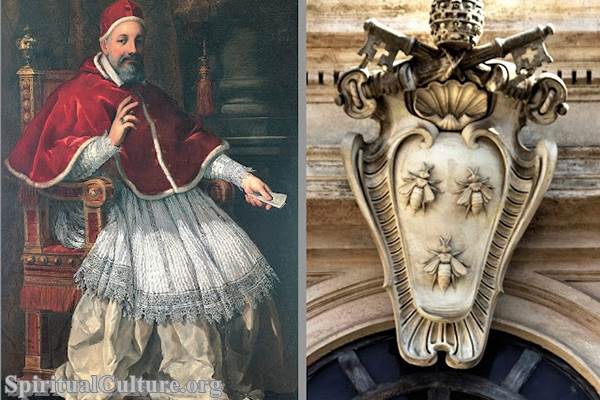
Pope Urban VIII
One of Pope Urban VIII’s significant contributions to Catholicism was his efforts to promote the arts and sciences. He was a patron of the arts and commissioned numerous works from prominent artists such as Gian Lorenzo Bernini and Francesco Borromini. He believed art could be a powerful tool for expressing religious devotion and propagating the Catholic faith. He also encouraged scientific research and established the Vatican Observatory, demonstrating the Church’s willingness to engage with the scientific world.
Pope Urban VIII and the Catholic Church
Pope Urban VIII’s papacy was also marked by significant political and religious conflicts that impacted the Catholic Church. He was involved in the Thirty Years’ War, a devastating conflict that pitted Catholic and Protestant forces against each other. Despite his efforts to maintain neutrality, Urban VIII was drawn into the conflict, leading to significant financial strain on the Church.
Furthermore, Pope Urban VIII’s decision to condemn Galileo Galilei, the famous Italian astronomer who advocated heliocentrism, has been controversial. This event highlighted the tension between the Catholic Church and the scientific community, reflecting the broader struggle within the Church to reconcile faith with scientific discovery.
Legacy of Pope Urban VIII
Pope Urban VIII’s legacy within Catholicism and the Catholic Church is complex. On the one hand, he is remembered for his patronage of the arts and sciences and his commitment to the Counter-Reformation. On the other hand, his involvement in political conflicts and his decision to condemn Galileo have been criticized.
Despite these controversies, Pope Urban VIII remains an important figure in the history of the Catholic Church. His papacy was a pivotal period in the Church’s history, marked by significant changes in doctrine, liturgy, and ecclesiastical structure. His efforts to promote the arts and sciences demonstrated the Church’s intellectual and cultural engagement capacity. At the same time, his involvement in political and religious conflicts highlighted the challenges the Church faced in navigating a rapidly changing world.
In conclusion, Pope Urban VIII was a significant figure in Catholicism and the Catholic Church. His papacy, marked by both achievements and controversies, profoundly impacted the trajectory of the Church and Catholicism as a whole. His legacy serves as a reminder of the complex interplay between faith, politics, and culture within the Catholic Church.
Urban VIII died on July 29, 1644, after a long illness. He was buried in St. Peter’s Basilica in Rome, and his legacy as a patron of the arts and a reformer of the Church continued to be celebrated in the centuries that followed.
